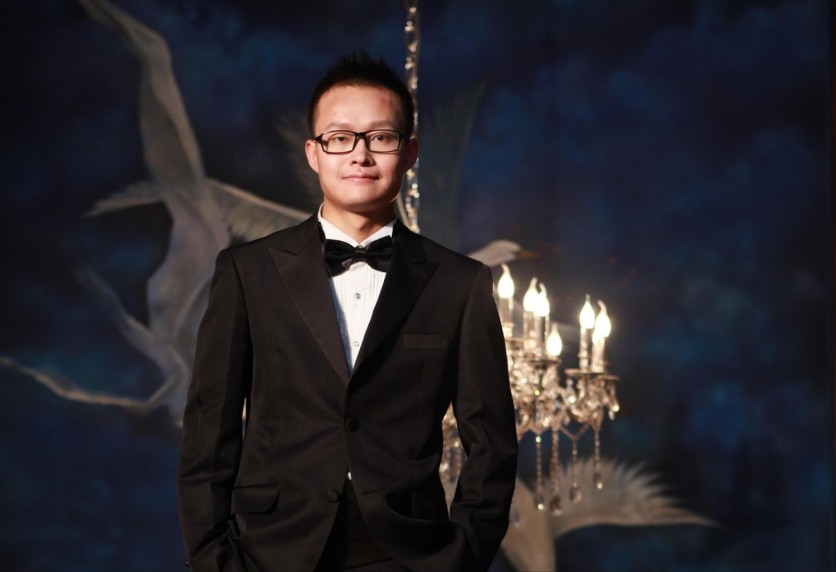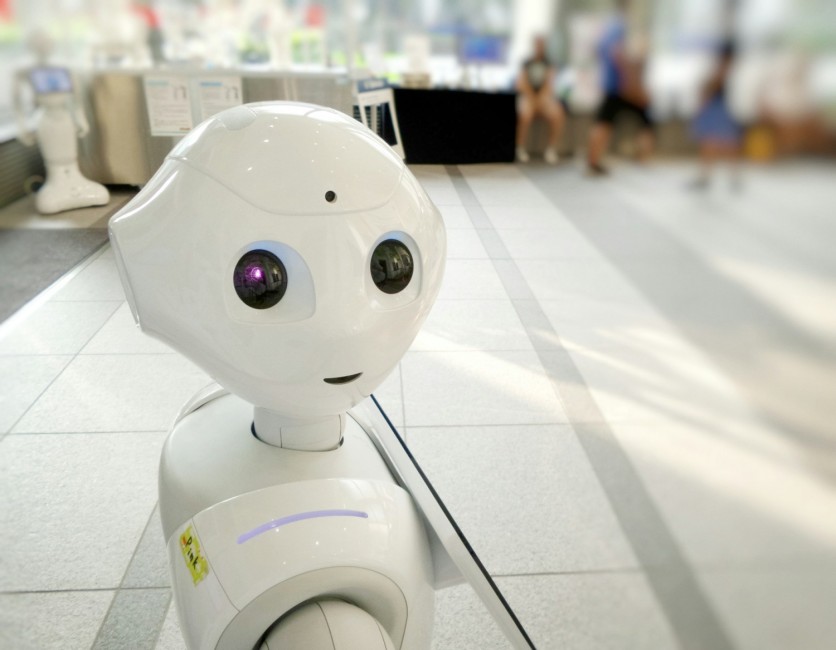
"Technology isn't just reshaping our industry; it's redefining the way we think about service and quality," asserts Yong Wang, the creative mind behind one of the first AI-powered restaurants in the United States.
As a forward-thinker in the culinary industry, Wang has combined traditional dining experiences with new-wave artificial intelligence (AI), creating a model that addresses modern challenges while setting the bar high for food service practices.
"The idea came to me during the COVID-19 pandemic," he shares. "I had to think fast to keep the business running without putting anyone's health at risk. The solution: robots."
Navigating Through Adversity
Before he defied the odds of the pandemic by technifying his Santa Barbara-based Chinese restaurant, Wang's journey in the hospitality industry began aboard the Royal Caribbean cruise line. During his year as a guest relations officer, the future restaurant owner developed crucial crisis management and customer relations skills.
He further honed his proficiency as a lobby manager at a five-star hotel in China. This position deepened his understanding of luxury hospitality and refined his ability to create personalized guest experiences.
With a vision to blend dining and entertainment, Wang launched a music restaurant with live band performances at the end of 2019. However, the COVID-19 pandemic soon prompted the closure of local dining establishments.
Nevertheless, Wang adapted by importing humanoid robots to supplement his service staff. This innovative move tackled the labor shortage and minimized virus transmission risks. The robots, unaffected by the virus, could operate without the constraints of social distancing, allowing the restaurant to thrive during the pandemic.
A Technological Take
Bridging the manpower gap with AI was a stroke of genius that spoke volumes about the role of technology in the culinary industry. Each robot was integrated with NLP (natural language processing) systems and sophisticated AI algorithms that were put into action even after the curve of the pandemic had been flattened. These properties give them the capability to comprehend and respond to customer queries as effectively as possible.
Claiming his title as both a culinary innovator and out-of-the-box technological thinker, Wang employed robots that seamlessly performed a variety of food service tasks. They have been designed to take orders via a mobile application, serve food, and communicate with customers in multiple languages. The latter comes in extremely handy for food enthusiasts who fly in from across the globe to try the iconic noodles prepared by AI.
Moreover, the implementation of an AI-driven CRM (customer relationship management) system opened doors for the efficient collection and analysis of customer data, such as order history, customer preferences, and feedback. Their predictive analytics configurations were key factors in helping the robots anticipate customer needs and upgrade inventory management. This element proved to be a game-changer in terms of waste reduction while ensuring that popular menu picks were always available.
At the bottom line, the robots facilitated contactless transactions, mitigating the spread of COVID-19 within the restaurant. As a result of the pandemic-induced labor shortage, the robots kept the business running and put Wang's name on the map as a progressive entrepreneur.

Spotlight on Sustainability
While the core purpose of the AI initiative was to provide safe food service, the modern Chinese restaurant also made waves in terms of eco-friendliness. After all, COVID-19 was not the only crisis that put the world in danger. Global warming was still rampant amid the pandemic.
The AI systems optimized energy usage by controlling lighting, heating, and cooling with real-time data as a basis. Built with the aptitude to adjust these key elements, the robots were able to render significant savings on overall electricity consumption.
To this day, Wang's AI-powered restaurant stands as a hub for authentic Chinese cuisines served in a clean environment with a relatively smaller carbon footprint.
A Tale of Resilience and Success
Wang's resilience translated into remarkable business success, marked by a 260% increase in revenue, praise from patrons, and recognition from culinary enthusiasts who traveled far to experience his authentic Chinese cuisine. The restaurant's adaptation and success during the crisis garnered extensive positive reviews on Yelp and Google.
Further solidifying his status as a power player in the hospitality industry, he earned a nomination to the Marquis Who's Who list in 2023. The following year, he was honored as "America's Best Entrepreneur."
When the Clock Strikes 10: The 24-Hour Dining Experience
Wang's restaurant addresses a crucial shortage in North America by providing quality dining options for students and late-night workers after 10 p.m. Unlike traditional restaurants that close early, Wang's 24-hour AI-powered self-service model delivers freshly made noodles and milk tea with near-restaurant quality. From late-night dinners to midnight snack cravings, Asian cuisine enthusiasts and night owls soon became patrons at Wang's technologically-revamped Chinese restaurant.
This innovative concept meets customer needs and highlights the positive impact of AI on the dining experience.
Expanding the AI-Fueled Food Metamorphosis
Looking ahead, Wang plans to expand his AI-powered dining concept into major university towns across California and potentially neighboring states within the next year. This move aims to offer 24/7 dining solutions tailored for students and night-shift workers. "Our goal is to create a network of AI-powered restaurants that people can rely on when they are in search of authentic Chinese cuisine after hours," Wang explains.
Wang's story showcases how innovation can transform industries and overcome challenges. His techniques demonstrate how technology can create efficient, inclusive solutions as the food service field evolves.
This narrative highlights the transformative impact of AI in the culinary world, underscoring Yong Wang's achievements and his influence on the industry.
ⓒ 2025 TECHTIMES.com All rights reserved. Do not reproduce without permission.




